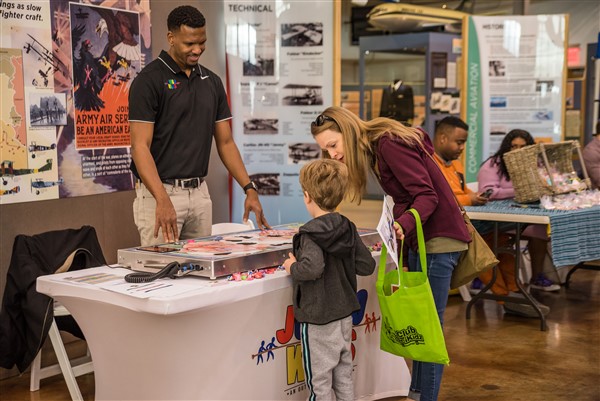Preparing kids emotionally for camp is the first step to ensure they have positive expectations.
Camp experiences have proven to be a wonderful way to enhance social and emotional skills, make friends, and develop new skill sets. Your kiddo will encounter a wide range of activities away from home or school, and it’s a great opportunity for children to grow in their independence.
Keep reading for starting points of conversation to ensure your child is prepared emotionally for camp.
Understanding the Camp Experience
Exploring the Benefits of Camp for Kids
With such a wide variety of summer camps available in the DFW metroplex, parents need to narrow down their search when deciding where to send their children.
Kids camps are designed to give them skills that will carry with them for a lifetime, including:
- Promoting independence by spending time away from parents.
- Encouraging teamwork.
- Providing fun, screen-free activities.
- Supporting personal growth, learning, and development.
Many camps provide an environment to enhance the skills mentioned above. While preparing kids emotionally for camp does begin in the home, camp experiences can help foster the already growing skill sets.
Common Fears and Anxieties
Having fear and anxiety is a normal response when preparing for an experience with a lot of unknowns.
Kids may have thoughts like: Will I make friends? What will the days look like? Will I be ok this long away from home? These are all valid feelings and concerns, especially for a child.
We as parents should do our best to set their expectations, letting them know that it’s going to be a wonderful experience! Showing pictures of the camp can be a great way to give them a visual of the environment when setting these expectations.
Provide a safe space for your child to communicate any fears or anxieties so that you, as a parent, can understand how they may be feeling and better comfort them, assuring them that they will have a wonderful experience.
You Might Also Like: Do People Still Send Their Kid to Summer Camp in 2025?
Communicating About Camp
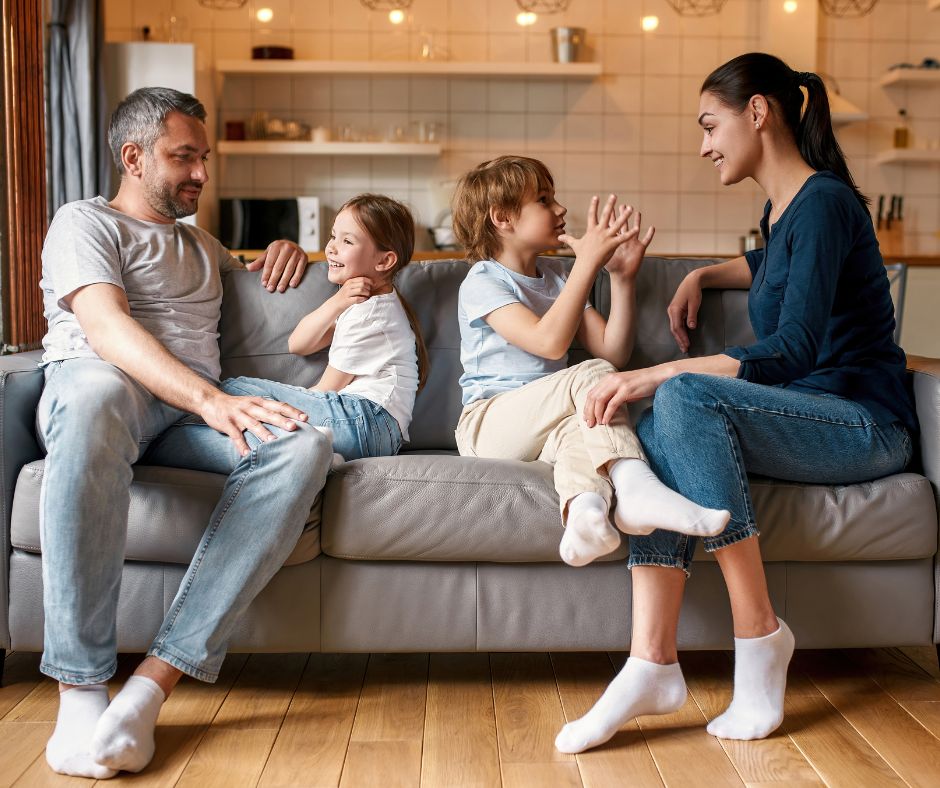
Discussing Camp Activities
Preparing kids emotionally for camp begins with opening up the line of communication.
Many camps provide a list of activities that will be offered each day. Some of the activities may be dependent on age, so make sure your child is aware of any activities they may not be able to participate in.
Encourage your camper to look at any schedules offered and discuss any opportunities to try new activities. Use this time to build anticipation and excitement for the upcoming camp experience!
Addressing Concerns and Questions
Before camp begins, any concerns or questions must be answered. Provide your child with the opportunity to share and address concerns and questions accordingly. Children look for guidance and comfort, so take time to assure them that not only will this camp be fun, but it will also be a great opportunity to make new friends, play fun games, and learn new skills.
You Might Also Like: How Summer Camps Help Kids Learn
Emotional Skill-Building
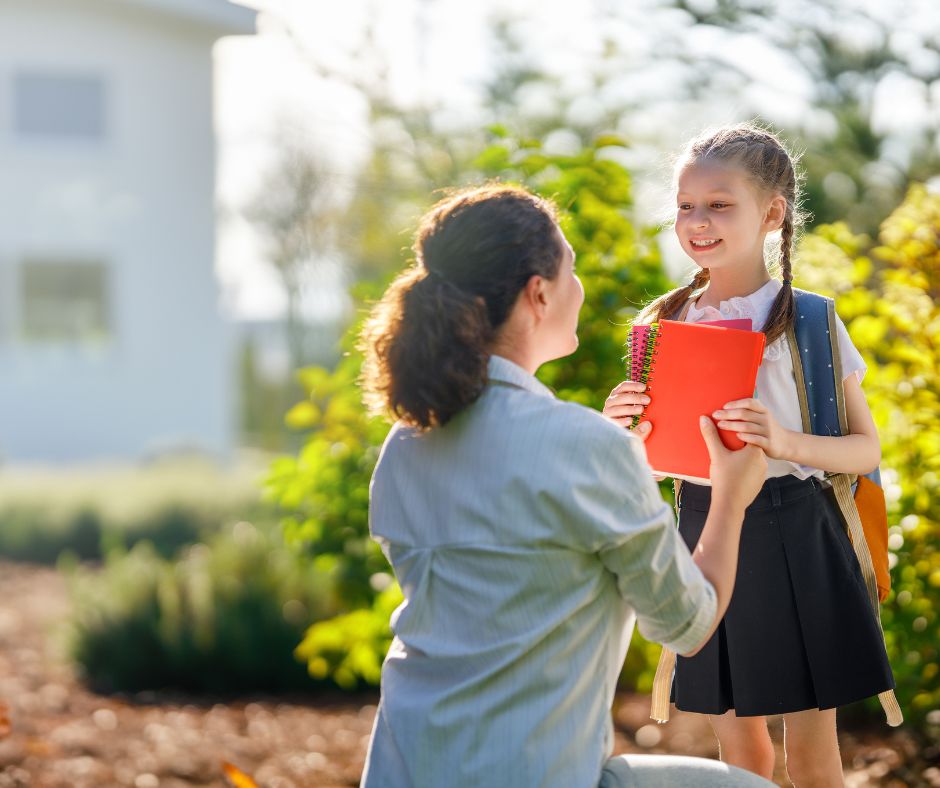
Many of us experienced an emotional decline over the pandemic, and our youth have also suffered. Camp experiences can be a wonderful opportunity for our children to enhance many necessary skills that will not only promote healthy emotional skills but also enhance their confidence socially and personally.
Many camps offer the framework of 5-core competencies:
- Self-awareness
- Self-management
- Reasonable Decision-making
- Social Awareness
- Relationship Skills
Through various encounters with their peers, physical competitions, and reflective moments, children are given opportunities to be challenged and grow in a self-reflective and positive way.
You Might Also Like: DFW’s Top 10 Summer Art Camps
Practical Preparations
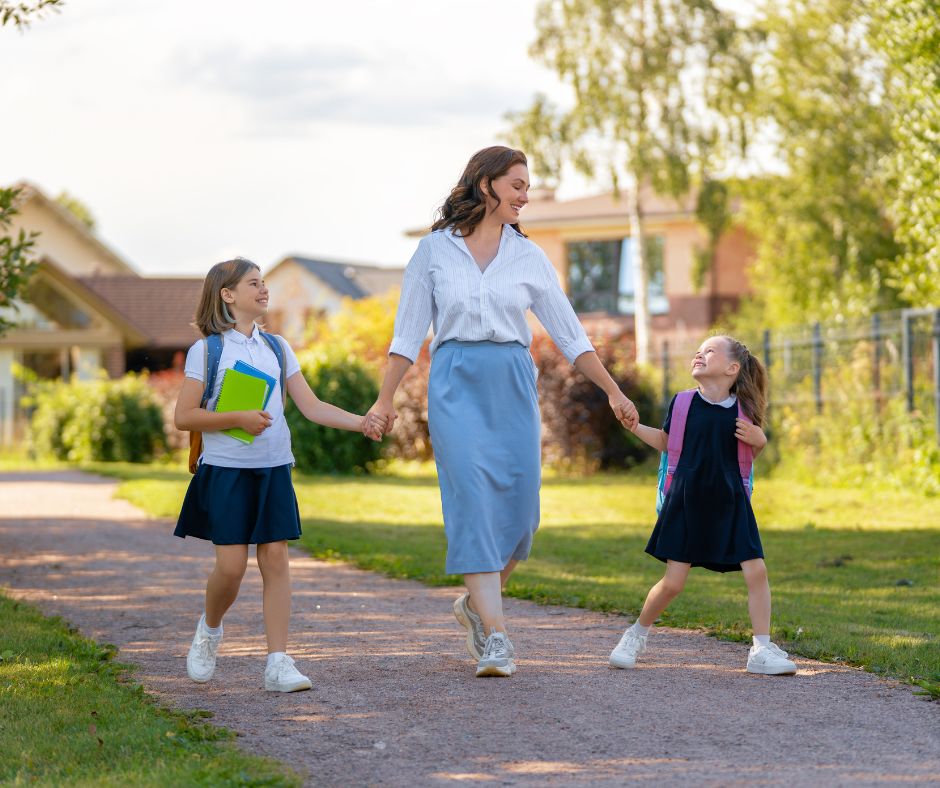
Visiting the Camp in Advance
Visiting camps in advance can help with preparing kids emotionally for camp. Many facilities offer videos for your viewing to give you a glimpse into a “day in the life of a camper.”
Others host onsite visits for families and campers to get a feel of the area and activities provided. If this is something the camp of your choice offers, it will be noted on their main website, and you will have the option to schedule a visit.
Attending Pre-Camp Meetups
The majority of camps are day camps, meaning your child attends for the day, sleeps at home, and then returns the next day. For these types of programs, kids will typically have an orientation on day one, similar to school.
Many overnight or sleepaway camps offer an informational meeting to ensure all topics are covered and everyone is prepared for the time away. This is a great opportunity for campers to come with any questions they may have. If parents choose to bring their children along, this can also be a great opportunity for them to meet some of the other future campers, creating a new level of comfort before the program begins.
You Might Also Like: Kids Summer Camp Checklist
After Camp Follow-Up
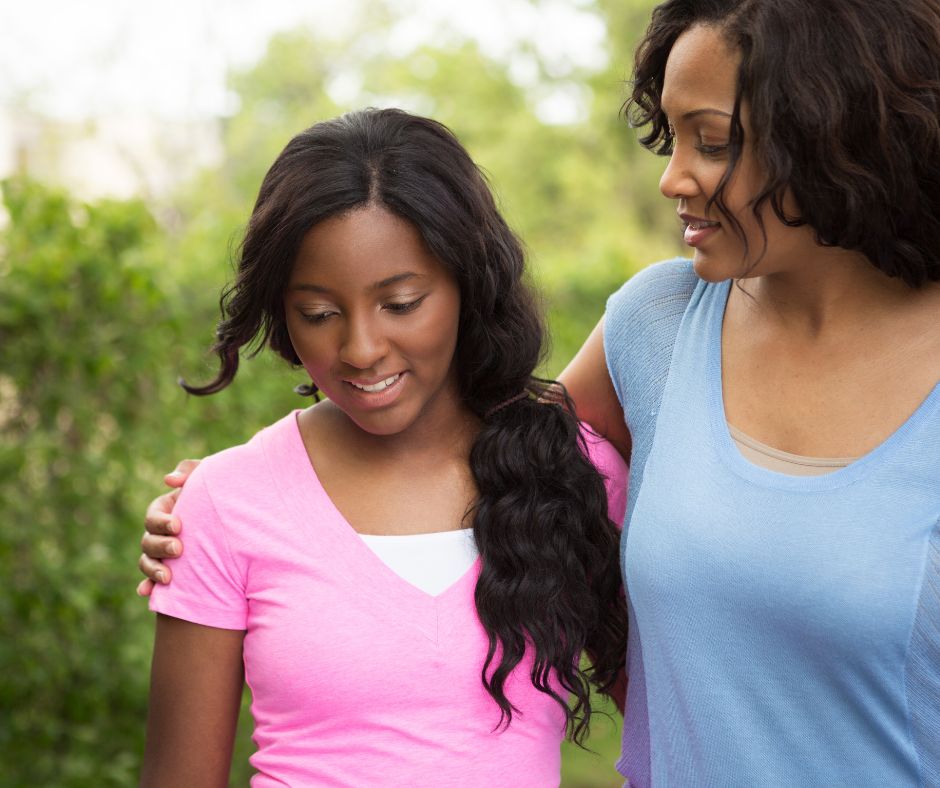
Once your child arrives home from camp, most of them are exhausted! They may need a day or two to recover from the fun-filled days and nights. This may also be an opportunity for them to share any struggles they had and how they worked through them.
It’s not uncommon for kids to get homesick. If they share that they felt this way, you can consider saying, “I’m so sorry you felt sad. How did you work through that feeling?” or ” That’s a normal feeling to feel. I’m proud of you for sticking with it. Tell me about your top 5 favorite things that happened.”
Great conversations can come from open-ended questions, which will allow you to celebrate their achievements, acknowledge their struggles, and learn more about their time away at camp.
You Might Also Like: Understanding Insurance For Summer Camp
Frequently Asked Questions
These are just a few of our most commonly asked questions about preparing kids emotionally for camp. If you have a question we didn’t answer, comment below.
What strategies can help children overcome anxiety about attending camp?
Parents must paint a realistic expectation of what camp will be like. Pictures, videos…all of these help your child understand what the environment will look like and set expectations. Another way to reduce anxiety is to find out if any of your child’s friends will be attending the camp. This can be a great way to build excitement when they know who will be enjoying the camp with them.
If no friends can attend, it may be beneficial to give a run-through, one day at a time, of what their time will look like. (For example, they could arrive at 8 a.m. for crafts, water play at 10 a.m., lunch at Noon, etc.)
What are effective ways to address homesickness before camp begins?
Let your kiddo know right away that not only is it ok to miss home, it’s normal.
Consider sending your camper off with a note encouraging them for each day they will be gone. Some children may also want to bring a comfort item from home if they get sad. If you sense they may have a hard time being gone, have open discussions with them about how to work towards a successful time away.
Find the Perfect Camp
Looking for the best summer or winter camp in Dallas Fort Worth? Hop over to our directory of the best camps in DFW.


